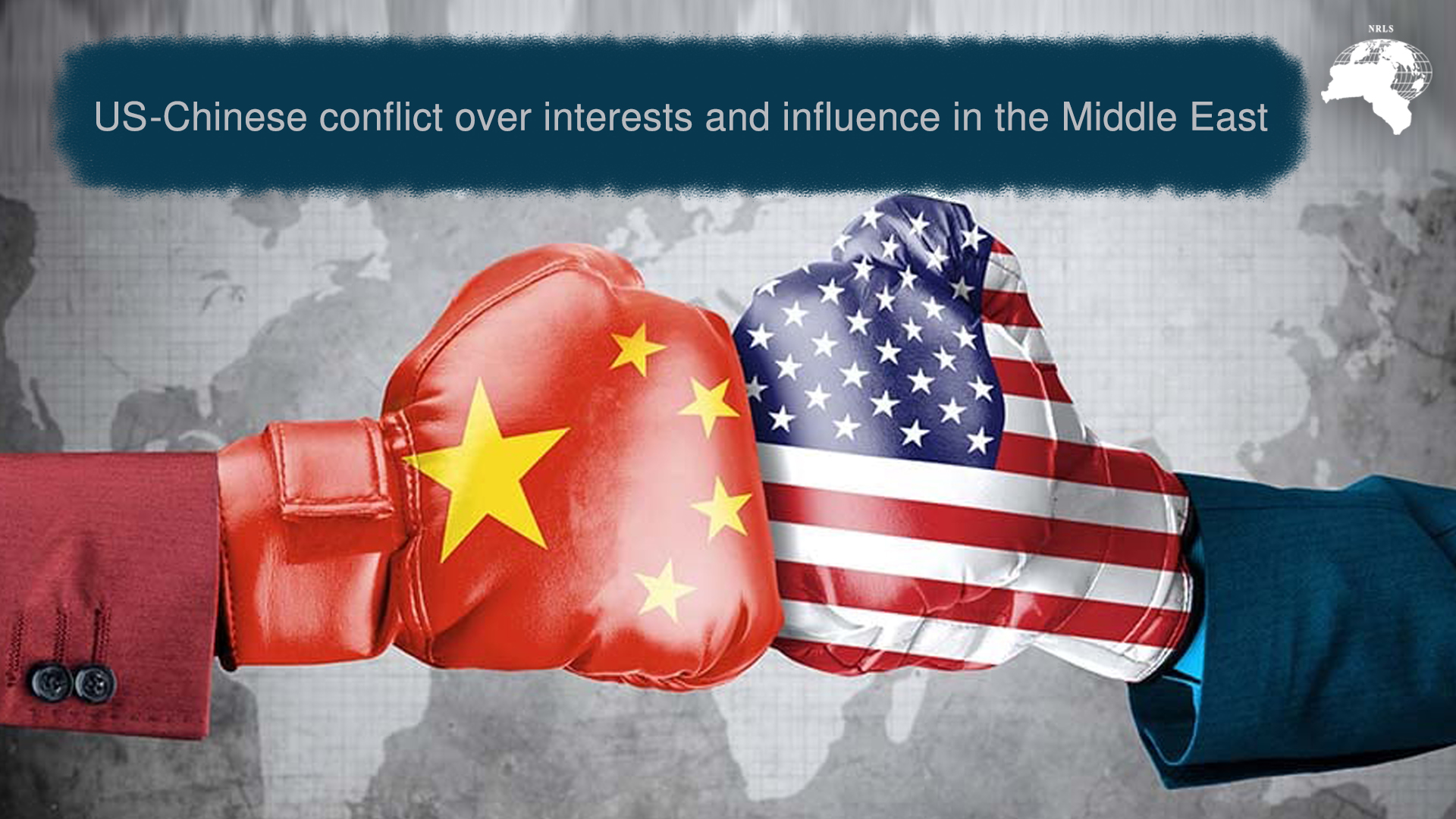US-Chinese conflict over interests and influence in the Middle East

The tripartite summit that was held in Riyadh in December 2022, between the Chinese leader Xi Jinping and the leaders of the Gulf States and Arab countries carried with it important economic and political developments, as the Chinese and Saudi parties signed a set of economic agreements, the total value of which amounted to more than 30 billion US dollar. This is a large number that China has not dreamed of before.
This turn came after decades of Chinese hesitation, and came after the strategic agreement with Iran in 2021. After the aforementioned agreement with Iran, Beijing has turned to adopting a bolder policy to challenge Washington.
Not only that, but China began to support Iran to confront the American presence in Iraq, the Gulf states, and Saudi Arabia. This strengthened Iran’s trade, economic, political, and military capabilities, which helped the latter to confront the American economic, technical, and political embargo imposed on it.
The visit of the Chinese leader to Saudi Arabia in this particular period has economic and political connotations and we can call it a policy of filling the void, especially since the trend of relations between the US and Saudi Arabia is witnessing a regression, apathy and changes, some of which are related to changing the nature of American political interests in the Middle East region, while others are related to traditional American policy towards the Kingdom of Saudi Arabia, which was based on the principle of protection in exchange for oil (especially since America no longer needs Saudi oil). There are other reasons for divergence between the US and Saudi Arabia, the most important of which is America’s approach to the issue of democracy and human rights in Saudi Arabia.
The dispute between the US and Saudi Arabia intensified as a result of Washington signing the nuclear deal with Iran in 2015. Despite the relative improvement in bilateral relations significantly during the rule of former US President Donald Trump, the failure of the US administration to respond to the attacks that Iran was accused of launching against Saudi Arabia, especially the attacks on Aramco facilities in September 2019, which took half of Saudi oil production out of service. All of the above led to a shake-up of trust in the relationship between Washington and the Gulf states, which prompted Saudi Arabia to diversify its international partnerships with Russia and China, which has become dependent on the Gulf States as a major source of energy.
The Saudi turn towards China took a deeper turn with the arrival of President Biden to the White House in November 2020. During his election campaign, Biden made statements hostile to the government of Saudi Arabia, removed the Houthis from the list of terrorist organizations, stopped the export of offensive weapons to Saudi Arabia, and accused the Saudi Crown Prince, Mohammed bin Salman of the assassination of the Saudi journalist Jamal Khashoggi. However, the Biden administration changed its position and released arms deals to Saudi Arabia, motivated by its need to control the oil markets after the Russian invasion of Ukraine. In July 2022, Biden visited Saudi Arabia and tried to heal the rift in the relationship with Riyadh, but he did not succeed in stopping the pace of the Saudi-Chinese and Gulf-Chinese rapprochement.
Relations between the US and China are currently witnessing the most tense periods. China accuses the US of exploiting its military hegemony and material power to crush other countries under the pretext of protecting the American national security. In return, the US accuses China of committing the mass genocide of the Uyghur Muslims and limiting democratic rights in Hong Kong.
In light of the foregoing, we can say that China is trying today to form a kind of bipolarity with Russia in the face of the United States of America, and that the relations between China and the US have reached the worst in several years, and it seems that they are heading towards further deterioration.




